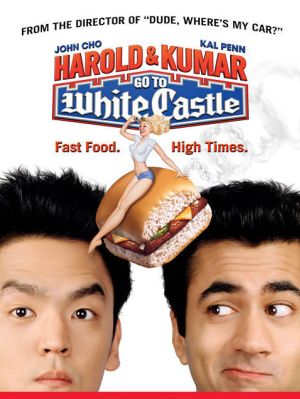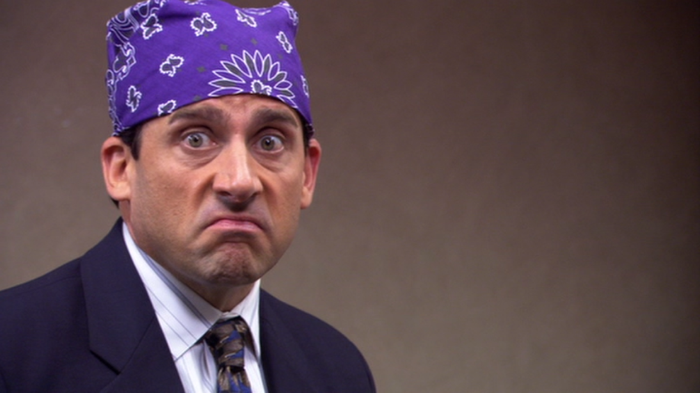
In my experience offices are pretty boring places, but spending every day at work in the summer and going about the same routine day after day has not yet caused me to create a separate, cooler personality or react in some other sort of odd way. However, I've noticed lately that a lot of movies and a few t.v. shows involve someone freaking out because of office life. Maybe 1999 was a bad year for guys in offices, because besides Fight Club, one of the most memorable movies of the year was Office Space, arguably one of the funniest movies of the decade. The funny thing about Office Space as compared to Fight Club is that the main characters of each respective film react to their lives in a similar manner, but the overall tones are pretty different. In Office Space, Peter Gibbons (the main character who works a practically meaningless job in a generic company) is hypnotized into a state of bliss and is never brought out of it due to the untimely death of the hypnotist. His newfound state of happiness inspires him to stop caring about his job, which ironically works in his favor even though his company is in the middle of layoffs. Even though Peter pretty much stops coming to work, he is somehow seen as more valuable to his company than ever before.

The main character of Fight Club also works an office job that he has no passion for and lives a comfortable, boring life. He too finds bliss through an altered state of being, though his is from the fight club rather than being hypnotized. He too makes his new attitude work to his advantage at work by brilliantly blackmailing his boss into paying him as an "outside consultant." Fight Club is darkly humorous, but it is not out-and-out funny in the way that Office Space is. However, both films send a certain message about large companies and the devotion of an entire generation to meaningless pursuits.




























